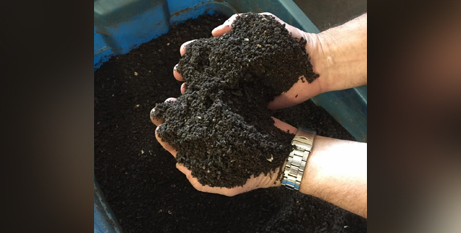
The United States Conference of Catholic Bishops doctrine committee has confirmed that two new alternatives to burial and cremation fail to comply with the Church’s teaching on respect for the bodies of the dead. Source: OSV News.
In a March 23 statement, the committee said it had evaluated human composting and alkaline hydrolysis and concluded that both “fail to satisfy the Church’s requirements for proper respect for the bodies of the dead”.
The methods, which rapidly accelerate decomposition, have gained support in the US in recent years as “eco-friendly” forms of treating human remains.
In human composting, the body of the departed is placed in a metal bin with plant material to enable microbes and bacteria, along with heat and oxygen, to break down bones and tissues. The resulting mixture is then offered for lawn or garden use.
Alkaline hydrolysis dissolves the body in about 400 litres of water and alkali under high temperatures and pressure. Within hours, the body is dissolved, except for some bone material which is then dried and pulverised.
Unlike flame-based cremation, which uses intense heat to reduce human remains to ashes, human composting and alkaline hydrolysis do not “show adequate respect for the human body, nor express hope in the resurrection”, said the bishops in the seven-page document that accompanied their statement.
Burial is “the most fitting way to express faith and hope in the resurrection of the body,” wrote the bishops, quoting a 2016 instruction by the Congregation (now Dicastery) for the Doctrine of the Faith.
According to the 2016 instruction, flame-based cremation is permissible, so long as the ashes are gathered and laid to rest in a sacred place, rather than stored at home, distributed among loved ones, encased in jewellery or scattered broadly.
In contrast, both human composting and alkaline hydrolysis leave nothing that could be properly interred, said the US bishops.
FULL STORY
Human composting, alkaline hydrolysis not acceptable for burial, say US bishops (By Gina Christian, OSV News)






